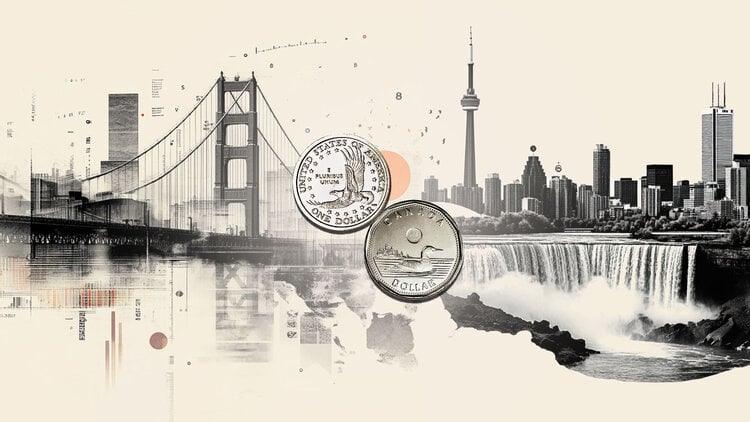If in Italy, zabaglione is historically considered the “food tonic” par excellence, in the United States it is a particularly popular drink that is part of the Christmas tradition and is offered according to a particularly rich and creamy recipe which includes, in addition to eggs, sugar and a little liqueur, the addition of milk, cream and spices such as vanilla, cinnamon and nutmeg.
From a nutritional point of view, however, it can lead some people to doubt its health benefits, also because the drink can be “enriched” with a splash of rum, whiskey or brandy (in Italy the “Marsala” version is known ). But despite its richness and somewhat creamy texture, can eggnog be considered a healthy or beneficial food?
Certainly, it is a food with a high energizing power, perfect to consume if there are no precise contraindications just as a general tonic after a flu or a period of strong stress and tiredness.
The health benefits of eggnog
Enjoying a glass of American eggnog on a cold winter day is a pleasure coveted by many Americans. Suffice it to say that in 2019 Americans spent 185 million dollars on eggnog alone! And if on the one hand it is reasonable to think that it is not an ideal drink to enjoy when trying to preserve health, on the other, if consumed in moderation and as part of a balanced and healthy diet, in certain periods of the year instead, it can represent a panacea and nothing prevents you from enjoying it alone or in company.
“There are nutritional benefits from milk and cream, ingredients that contain proteins and essential vitamins including calcium and vitamins A, D, E and K,” said Ariel Rasabi Cohn, founder of Whole Health Nutritionin an interview on Health. “The high fat content also helps the body absorb these essential nutrients, while dairy adds protein, as do eggs, which provide B vitamins and choline, a nutrient that supports brain health,” he said. Cohn added.
According to the American recipe, the drink also contains some spices rich in antioxidants, such as cinnamon and nutmeg. Preparing eggnog at home allows you to also abound with these spices, so as to also obtain some anti-inflammatory benefits (without forgetting, however, that by adding pro-inflammatory ingredients, such as sugar and alcohol, these benefits could be canceled out).
Health risks associated with eggnog
Eggnog undeniably has a high sugar and fat content. “Although several recipes exist, most typically contain high amounts of fat from cream, milk and sugar,” Cohn explained.
In this regard, recommendations from the American Heart Association suggest that people consume no more than 5% to 6% of calories from saturated fat each day to maintain heart health. For a person on a 2,000-calorie diet, that’s about 13 grams of saturated fat per day.
As regards sugar intake, according to the World Health Organization (WHO) free sugars should not be more than 10% of our daily energy intake. For an average active adult, requiring 2,000 kilocalories per day, 10% means no more than 12 teaspoons or 48 grams of table sugar. However, the WHO advice is to further reduce free sugars to 5% of total energy intake and several European Union countries recommend consuming a maximum of 25 g of free sugars per day: approximately 6 teaspoons of table sugar.
Opting for an alcohol-free eggnog also protects you from the risk of disease and represents a simple way to reduce your calorie intake by almost 100 calories.
Source: Vanity Fair
I’m Susan Karen, a professional writer and editor at World Stock Market. I specialize in Entertainment news, writing stories that keep readers informed on all the latest developments in the industry. With over five years of experience in creating engaging content and copywriting for various media outlets, I have grown to become an invaluable asset to any team.







